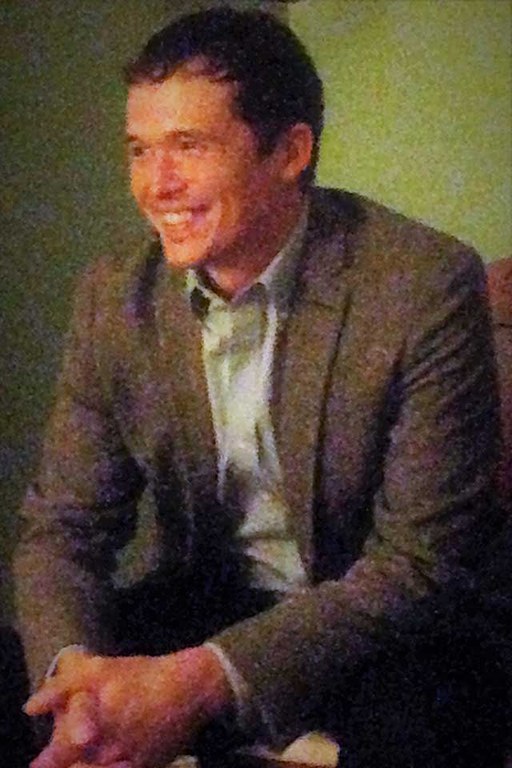About
Chaz is a scholar who has published on revolutions, religiosity, slavery and abolition, animals and interspecies history, and human inquiry into the unknown. His research spans the sixteenth century through the twenty-first century across the Americas.
Siblings of Soil: Dominicans & Haitians in the Age of Revolutions (Austin: University of Texas Press, 2022), his first book, received Honorable Mention for the Duarte Prize from Latin American Studies Association Haiti & Dominican Republic Section in 2023. This book is built from extensive primary source research in multiple languages at dozens of archives in the Dominican Republic, Haiti, Spain, the Vatican, the United Kingdom, and beyond. [more here] It considers struggles over abolition and slavery, or revolution and counterrevolution, within cosmological competitions among Catholicism, Vodou, Deism, and secularism that also defined the independence era.
His articles appear in Past & Present, History Workshop Journal, Historical Journal, English Historical Review, Modern American History, Early American Studies, Humanities & Social Sciences Communications, Atlantic Studies, Oxford Bibliographies in Latin American Studies, and Sociales. [more here] Chaz has also published a co-edited book and contributed book chapters.
He is finishing two books on animals entwined with human histories. Hounds & Power: Resilience from Slavery to Citizenship, under advanced contract, is co-authored with longtime collaborator Dr. Tyler D. Parry (University of Nevada, Las Vegas). The Once & Future Cow: Agency, Appetite, and the Americas, also under advanced contract, is co-authored with longtime collaborator Dr. Andrew Kettler (University of South Carolina).
Chaz is in early phases of publicly-engaged research projects on the histories and current perceptions of catastrophic risks and human futures.
His past work has been funded by the Ministry of Culture and Education of Spain, the Conference on Latin American History, the Bilinski Foundation, the Academy of American Franciscan History, the John Carter Brown Library at Brown University, and the Harvard University Atlantic History Seminar, among others.
He has regularly presented research at venues such as the American Historical Association, Southern Historical Association, World History Association, American Society for Environmental History, Omohundro Institute, Society for Historians of the Early American Republic, Consortium on the Revolutionary Era, and specialist conferences at King's College London, Duke University, Universidade de Lisboa, Rice University, University of Utah, Vanderbilt University, UCLA, and Washington University of St. Louis.
In 2024 he served as President of the Latin American and Caribbean Section of the Southern Historical Association for the annual conference in Kansas City.

